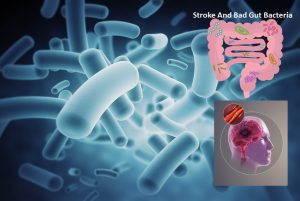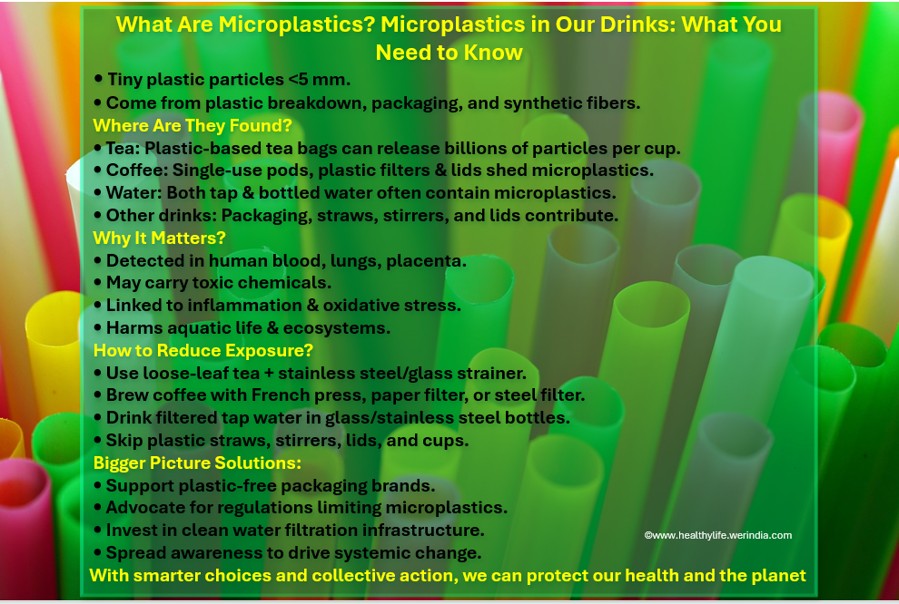
Detrimental effects of Junk Food on children
Junk food – foods that can most generally be described as those which contain empty calories and excessive amounts of substances known to cause harm to the body. What is there in junk food? Here is the list: Artificial color, bleached white flour, high fructose corn syrup, sugar, artificial sweeteners, BHT or butylated hydroxytoluene, partially hydrogenated oil, MSG (monosodium glutamate), Sodium nitrate and nitrite, sodium benzoate, sulphites etc.
Junk food can be appealing for a variety of reasons, including convenience, price and taste. Fast food may save time and please your children’s palates, but routine intake comes at a significant cost. Learning more about these risks may inspire you to make wise dietary decisions for your family.
Junk food will encourage your child to eat more junk food:
The fats, sugar and salt in fast food draw kids like a magnet, largely because they appeal to a child’s “primordial tastes”. When your child bites into a burger, his brain reward system gets activated since dopamine, which is the main neurotransmitter responsible for pleasure and excitement, gets secreted. And then he will feel a complete lack of control and an intense demand from his brain for more. If that is not enough to convince you to ditch the take, children have eaten fast food, they consume more calories and fewer nutrients for the rest of the day. On days when kids ate fast food, compared with days when they ate at home, adolescents and young children consumed an additional 309 and 126 calories, respectively.
Damage of arteries, chronic illness, dental problems
Experts have known for years that long-term consumption of junk food clogs arteries, but recently they have recognized that this damage begins the same day. A study published in the Canadian Journal of Cardiology indicates that damage to the arteries occurs almost immediately after just one – that is right, one – junk food meal. According to the Prevention Institute, experts blame junk food for rising rates of diabetes, high blood pressure and stroke. Increasing rates of chronic illness affect children who regularly consume junk food. When children consume foods high in carbs and sugar, bacteria residing in their mouth produce acids. Those acids are hard on the teeth. In fact, they can destroy tooth enamel, a contributing factor in dental cavities.
Poor academic performance
Diet has a significant effect on children’s study habits. Junk food and foods with high-sugar content deplete energy levels and the ability to concentrate for extended periods. If a kid is having sweets, chocolate croissants or sweetened beverages during the first break time at school instead of his fruit portion or his sandwich, he would definitely feel hungry within an hour and that would disrupt his concentration in class, and could affect his overall performance in school. In a study published in Child: Care, Health and Development (a European public health journal), researchers analysed the fast-food consumption and test scores in math and reading of 12,000 fifth-graders. They found that children who ate fast food four to six times within a given week tested significantly lower in math and reading compared with children who did not.
Junk food will make your kid depressed, low self-esteem, irritable and lethargic
Eating foods rich in antioxidants, such as fruits and vegetables, and healthy fats, such as eggs, fish and nuts, leads to positive energy and moods – both of which derive from positive brain function. A diet high in fast food lacks these nutritional benefits, increasing the risk of depression. The high content of sugar in junk food causes fluctuations in children’s blood glucose levels making them edgy, sleepy and irritable throughout the day and leaves them with no motivation to be active. Self-esteem and confidence in oneself are especially important to growing children, and regularly consuming junk food can negatively affect this sense of self. According to “Kids Health Club” magazine, junk food can affect a child’s physical development in detrimental ways, including unhealthy weight gain, which can result in self-esteem problems.
Junk food will put your child off healthy food and increases obesity.
Staying away from fruits, vegetables and nutrient rich food will decrease many important nutrients from child’s body. Vitamin C, Iron, Magnesium, Calcium, fiber, protein, etc will eventually drop in the body.
Obesity Risk. A study published in “Pediatrics” in 2004 found fast-food consumption in children was linked with many dangerous precursors for obesity. According to this study, kids who ate fast food were more likely to consume a higher amount of calories, fat, carbohydrates and added sugars in one fast food meal. They were also less likely to consume as much fiber, milk and fruits and vegetables as children who did not eat fast food. Children who consumed more fattening foods while eating fast food were also likely, in general, to eat more unhealthy foods at other meals. According to a statement released by the journal “Nature Neuroscience” in 2010, high-calorie food can be addictive, causing children who occasionally eat fast food to learn problematic patterns of eating.
Junk food will cause constipation
Fast food typically lacks fiber. The less fiber children consume, the more likely they are to develop constipation, which can cause abdominal pain and discomfort. Fast food restaurants typically lack fiber-rich menu options. Hamburger buns, taco shells and French fries, for example, contain far less fiber than whole grains and fresh fruit. Iceberg lettuce, the common main ingredient in fast food salads, contains only negligible amounts of fiber compared to colorful vegetables, such as kale, broccoli and peas. Constipation is a concern for children, says Children’s Memorial Hospital in Chicago, because hard stools can tear or irritate the lining of the anus and cause abdominal pain and discomfort. An inactive lifestyle increases these risks.
Junk food will ruin bedtime
Having sugary drinks 2 to 3 times a day or even less than that can affect children’s sleep. The caffeine from sodas acts as a stimulant, keeping them awake longer & negatively affects their metabolism.
References:
Image courtesy: Image by Bella RaKo from Pixabay (Free to use under Pixabay content license)
Author: Sumana Rao | Posted on: September 4, 2015
« Chronic Pain and Relief Snoring : How to stop snoring for better health »






















Write a comment